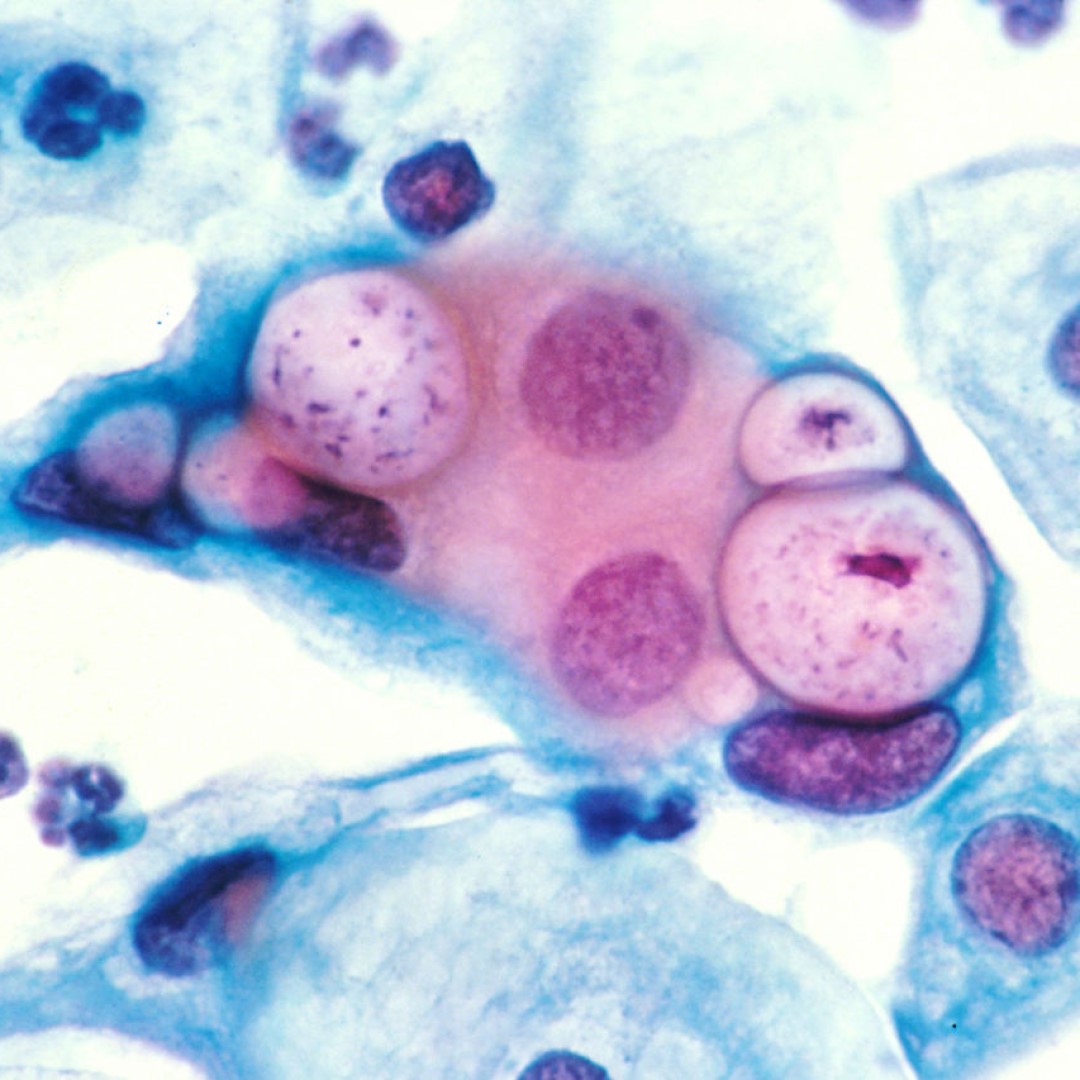
Bethesda System Conference developed system for standardized Pap smear reporting
In December 1988, the National Cancer Institute (NCI) sponsored a workshop to address the standardization of cervical/vaginal cytopathology reports. The workshop developed a new classification designated The Bethesda system (TBS). TBS provides a uniform format and offers a standardized lexicon for cervical/vaginal cytology reports, specifically emphasizing communication of clinically relevant information.
The significance of TBS is the creation of two new categories-ASCUS and AGUS and in keeping only two grades of intra-epithelial lesions namely low grade SIL and high grade SIL. A NCI workshop suggested that a diagnosis of atypical squamous cell of undetermined significance (ASCUS) may be expected in no more than 5% of cervicovaginal smears. It concluded that a higher frequency may represent overuse of the term. However, they also pointed out that in high-risk population there will be a high ratio of SIL and so a high ratio of ASCUS.
ASCUS is not a categorized diagnosis but an absence of a determinate conclusion. What it intends to convey is that the sample cannot be confidently categorised as normal or abnormal usually due to insufficient qualitative or quantitative cellular change.
Tags:
Source: U.S. National Library of Medicine
Credit: Histology: Pap smear slide showing clamydia in the vacuoles at 500x and stained with H&E. Courtesy: Dr. Lance Liotta.
